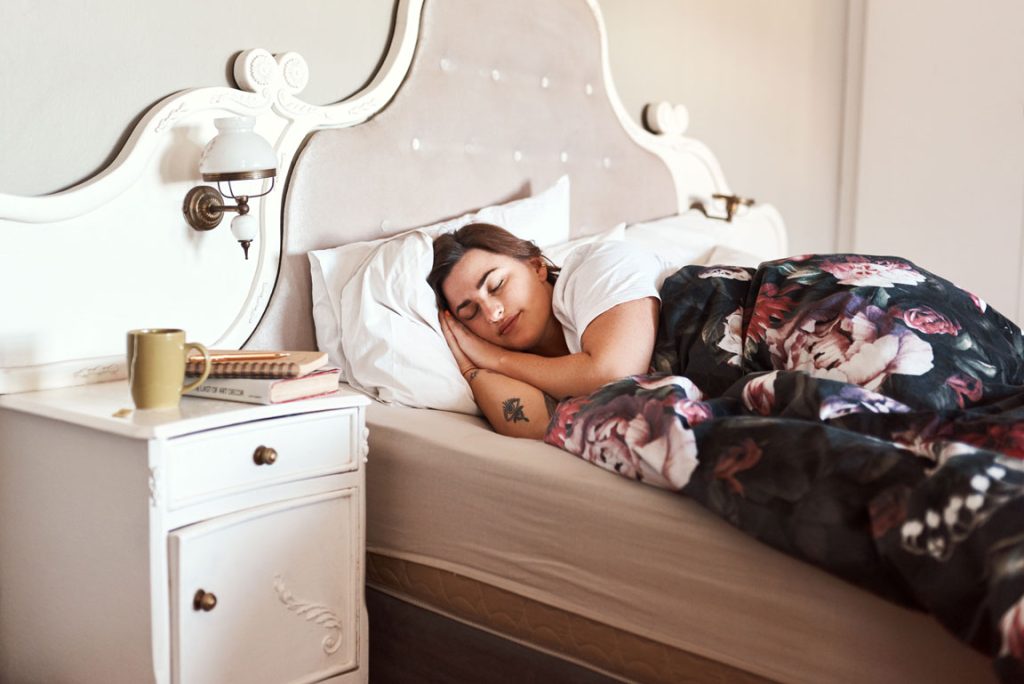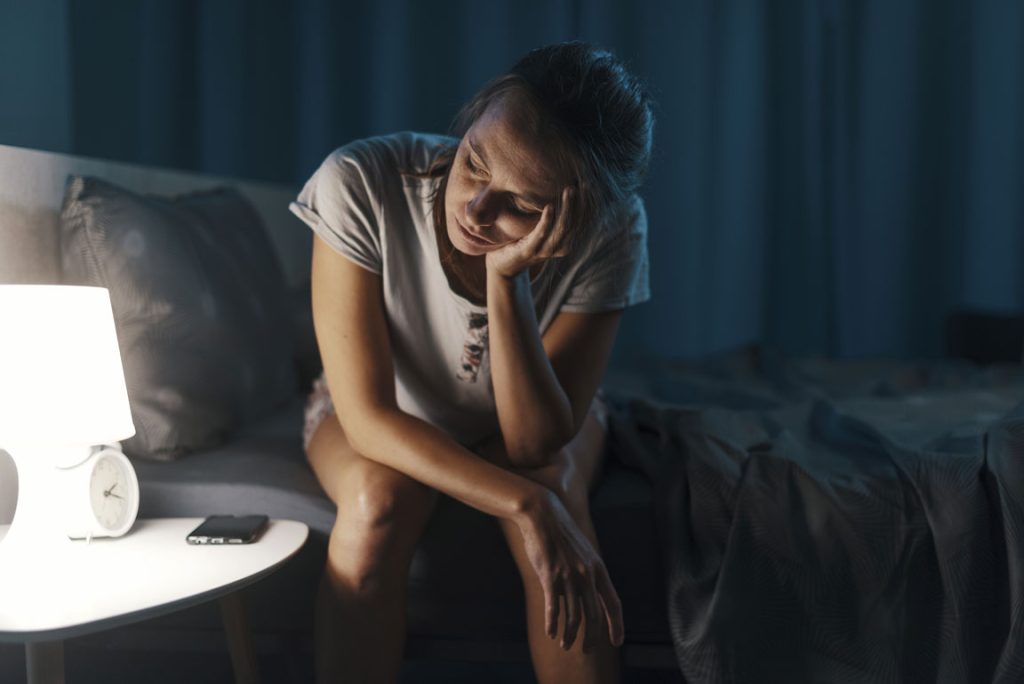As most of us know, sleep directly correlates to both physical and mental well-being. A good night’s rest can rejuvenate the mind and body, potentially leading to a more productive and emotionally satisfying day. And quality sleep consistently can multiply this effect, improving your overall wellness level. This article provides information about sleep, sleep disorders, and some tips on how to get a good night’s sleep.
Sleep Statistics and Facts
A third of US adults report that they usually get less than the recommended amount of sleep. Not getting enough sleep is linked with many chronic diseases and conditions—such as type 2 diabetes, heart disease, obesity, and depression—that threaten our nation’s health. Not getting enough sleep can lead to motor vehicle crashes and mistakes at work, which cause a lot of injury and disability each year. Getting enough sleep is not a luxury—it is something people need for good health. Sleep disorders can also increase a person’s risk of health problems. However, these disorders can be diagnosed and treated, bringing relief to those who suffer from them.
–CDC

Sleep Disorders
Insomnia
Insomnia is characterized by an inability to initiate or maintain sleep. It may also take the form of early morning awakening in which the individual awakens several hours early and is unable to resume sleeping. Difficulty initiating or maintaining sleep may often manifest itself as excessive daytime sleepiness, which characteristically results in functional impairment throughout the day. Before arriving at a diagnosis of primary insomnia, the healthcare provider will rule out other potential causes, such as other sleep disorders, side effects of medications, substance abuse, depression, or other previously undetected illness. Chronic psychophysiological insomnia (or “learned” or “conditioned” insomnia) may result from a stressor combined with fear of being unable to sleep. Individuals with this condition may sleep better when not in their own beds. Health care providers may treat chronic insomnia with a combination of use of sedative-hypnotic or sedating antidepressant medications, along with behavioral techniques to promote regular sleep.
Sleep Apnea
Snoring may be more than just an annoying habit – it may be a sign of sleep apnea. Persons with sleep apnea characteristically make periodic gasping or “snorting” noises, during which their sleep is momentarily interrupted. Those with sleep apnea may also experience excessive daytime sleepiness, as their sleep is commonly interrupted and may not feel restorative. Treatment of sleep apnea is dependent on its cause. If other medical problems are present, such as congestive heart failure or nasal obstruction, sleep apnea may resolve with treatment of these conditions. Gentle air pressure administered during sleep (typically in the form of a nasal continuous positive airway pressure device) may also be effective in the treatment of sleep apnea. As interruption of regular breathing or obstruction of the airway during sleep can pose serious health complications, symptoms of sleep apnea should be taken seriously. Treatment should be sought from a health care provider.

Other somewhat prevalent sleep disorders include:
- Restless leg syndrome (RLS)
- Periodic Limb Movement Disorder (PLMD)
- Circadian Rhythm Disorders
- Parasomnias (Sleepwalking, Sleep Talking, Nightmares)
- Sleep Paralysis
- REM Sleep Behavior Disorder
- Shift Work Sleep Disorder
- Jet Lag Disorder
- Hypersomnia
- Sleep-related Eating Disorder
- Exploding Head Syndrome
- Bruxism (Teeth Grinding) during Sleep
Tips to Get a Good Night’s Sleep
Good sleep habits (sometimes referred to as “sleep hygiene”) can help you get a good night’s sleep.
Some habits that can improve your sleep health:
- Be consistent. Go to bed at the same time each night and get up at the same time each morning, including on the weekends
- Make sure your bedroom is quiet, dark, relaxing, and at a comfortable temperature
- Remove electronic devices, such as TVs, computers, and smart phones, from the bedroom
- Avoid large meals, caffeine, and alcohol before bedtime
- Get some exercise. Being physically active during the day can help you fall asleep more easily at night.
